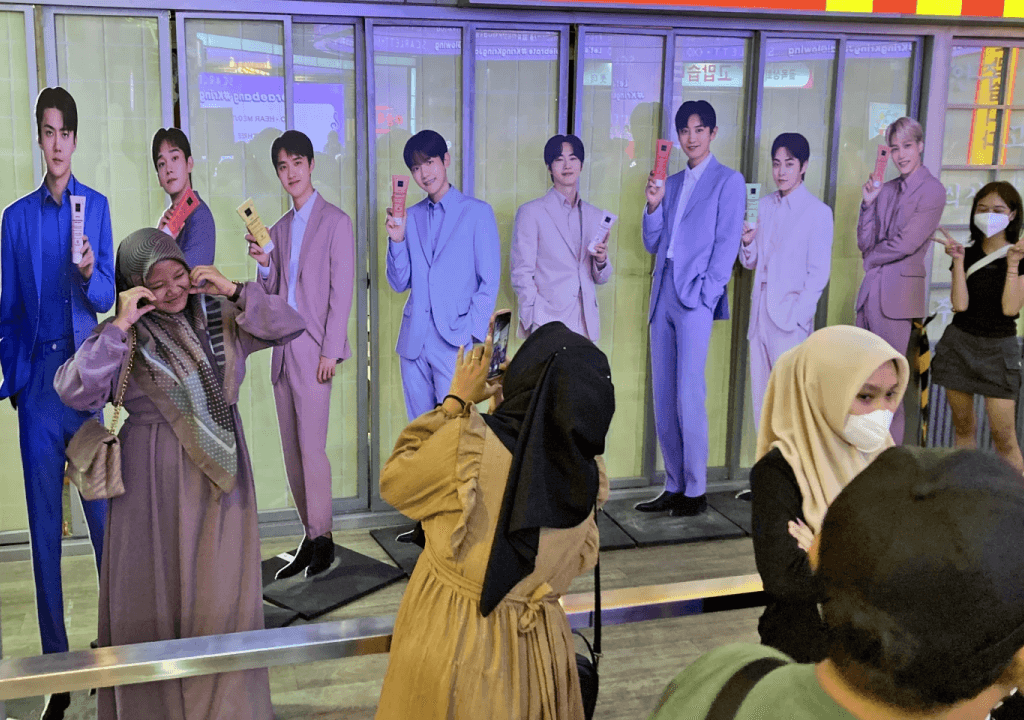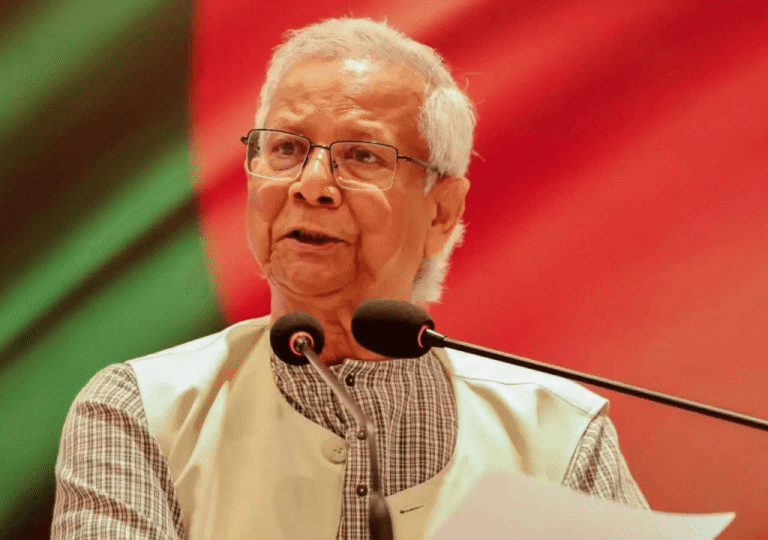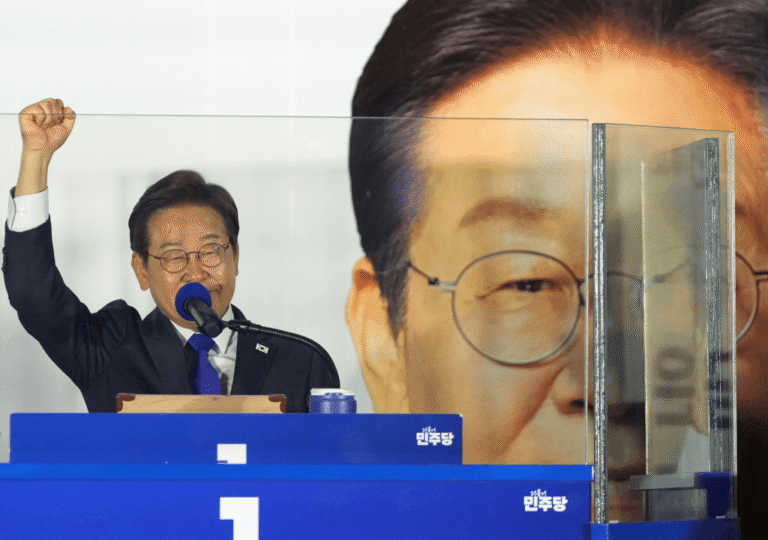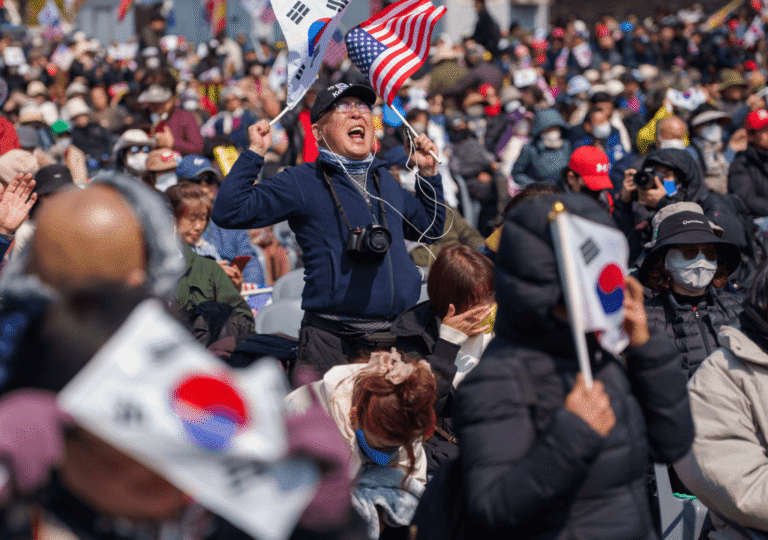Indonesia emerges as a pivotal testing ground, given the prevalent presence of millennials and Generation Z within its population. The growing influence of the internet-savvy generation within the voting booths plays a pivotal role in determining the election’s outcome.
The Indonesian General Elections Commission highlights a significant demographic shift, revealing that out of the anticipated 205 million voters, a notable 106 million fall below the age of 40, constituting 52% of the expected electorate. This shift underscores the captivating nature of Indonesia’s elections, emphasizing the escalating impact of the younger generations on shaping the political landscape.
With presidential elections occurring every five years, the 2024 polls on February 14th signify a noteworthy departure. This marks the first instance in a decade for the selection of a new leader due to the term constraints of the incumbent president, Joko Widodo. The 2019 election, with an 82% voter turnout, showcased the lowest abstention rate since the initiation of the presidential electoral process in 2004. Ongoing election campaigns vividly spotlight the candidates’ focused outreach to a specific audience.
Campaign strategies encompass a diverse range, from TikTok initiatives and the rebranding of established political figures to resonate with the preferences of the new generation, to mobile phone-centric campaigns and musical festivals. Banners line roads, pavements, and homes, transforming social media feeds into a bustling battleground of election fervor, adorned with campaign videos, fan art celebrating candidates, and a torrent of opinions.
Parties and candidates employ various strategies, such as distributing tickets to K-pop concerts and crafting social media feeds filled with cats and viral dancing, in a deliberate effort to capture attention. Even candidates with Islamic backing strategically tailor their efforts to address the concerns and inclinations of the youth demographic. This diverse array of campaign methodologies reflects a deliberate endeavor to connect with and appeal to various segments of the electorate, underscoring the evolving landscape of political outreach in Indonesia.
Against the backdrop of a significant youth demographic, a discernible pattern emerges as all three contenders for political office in Indonesia surpass the age of 50. Notably, the leading aspirant, 72-year-old Indonesian Defense Minister Prabowo Subianto, strategically selects a vice-presidential candidate under 40, specifically Gibran Rakabuming Raka, aged 36 and incidentally, the offspring of the incumbent president. Subianto’s campaign tactics entail a deliberate effort to reshape public perception, steering away from the image of a military general accused of instigating unrest in the nation. Presently, he cultivates a contrasting persona – that of a genial grandparent, engaging in TikTok dances and even crafting a personalized avatar tailored to resonate with the TikTok generation. This calculated rebranding strategy, reminiscent of Jokowi’s past initiatives, underscores the candidates’ recognition of the influential role of social media and the effectiveness of well-funded campaigns in shaping public sentiment.
Prabowo Subianto, a former special forces commander, carries a controversial legacy marred by allegations of past human rights abuses. These encompass claims of involvement in the abduction and enforced disappearance of student activists in 1997 and 1998. Despite being discharged from the army over these accusations, he has not faced criminal prosecution and vehemently denies any wrongdoing.
Accusations of rights abuses in Papua and East Timor further stain Prabowo’s record, with allegations including targeted killings of East Timorese civilians, such as the notorious 1983 Kraras massacre where hundreds lost their lives. Despite labeling these claims as “unproven allegations, innuendoes, and third-hand reports,” Prabowo, renowned for his fiery temper, undergoes a substantial rebranding effort to secure voter favor. His campaign depicts him as a grandfatherly figure, adopting a softer tone in speeches and even showcasing jovial dance performances on stage.
The primary concerns resonating among young Indonesians encompass the quality of life, corruption, institutional integrity, and environmental issues, particularly air pollution. Economic challenges, notably in social welfare and unemployment, add to the critical concerns, with 14% of Indonesians aged 15 to 24 grappling with joblessness in 2022. The youth, increasingly alarmed by climate change, particularly in Jakarta, the world’s most polluted city, assertively call for a government possessing both “good character” and a “certain level of competency” to address these pressing issues.
Despite these urgent concerns, the youth engagement in social media appears more motivated by entertainment than the substantive problems they face. Some experts argue that the election’s social media space is often utilized to divert attention from real issues, providing entertainment through platforms like TikTok that create a screen-blanketing effect. Social media takes on a pivotal role in connecting with young voters, considering that nearly 60% of the nation’s workforce operates in informal sectors. TikTok and Instagram have transformed into crucial battlegrounds for political campaigns, featuring tactics such as TikTok live streams and targeted engagement to resonate with the younger demographic.
As the election results approach on Wednesday, they not only hold the key to determining the nation’s new leader but also offer insights into the efficacy of social media campaigns in addressing the concerns of young voters. However, a growing concern arises, questioning whether political campaigns might excessively rely on superficial strategies, potentially trapping young voters in gimmicks rather than addressing substantive issues. The outcome not only shapes the nation’s future but also sets a global precedent on the role of screens in political campaigns and the behavior of the internet generation during elections.








